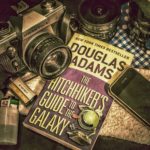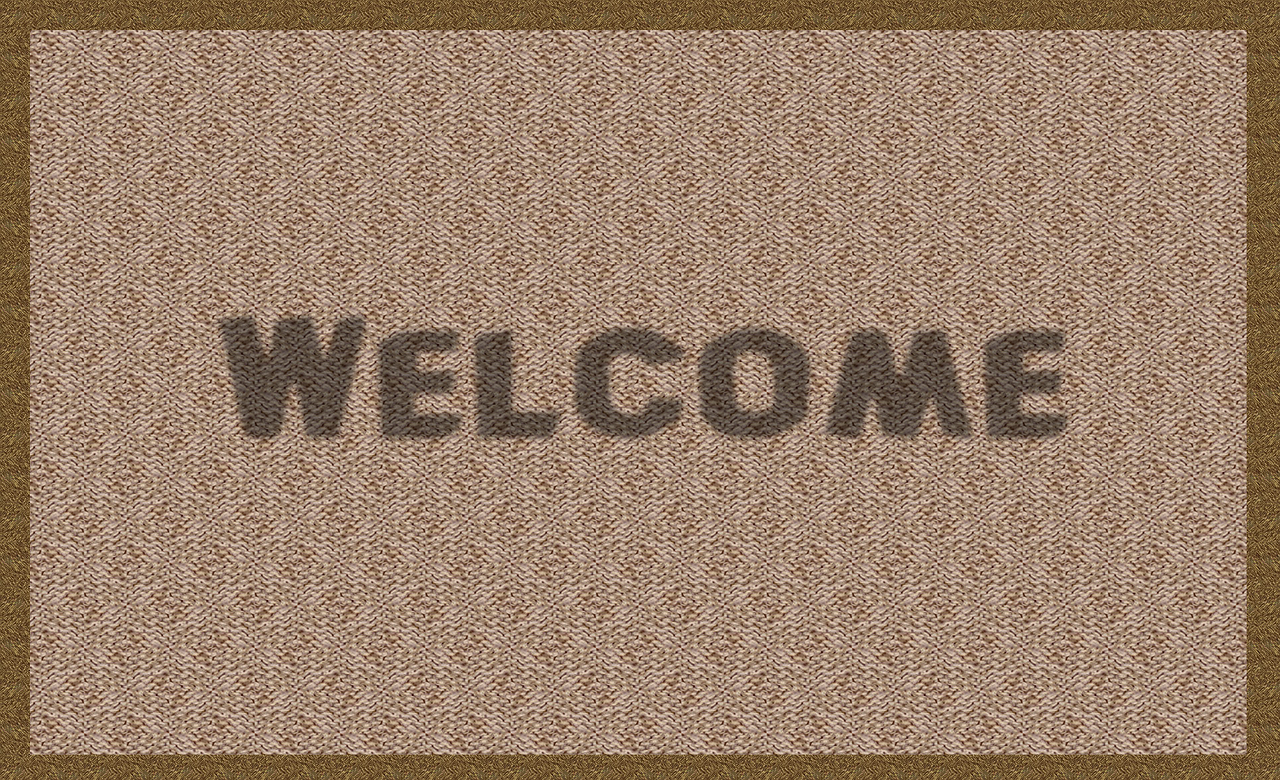I stood at a crossroads. On my left was the most decadently opulent building in Edinburgh, The Palace of Holyroodhouse, one of the official residences of an actual, currently reigning queen. On my right side, romanticized by a glowing halo of dusk only Edinburgh could produce, was a makeshift camp on open ground, complete with ragged cloth stretched over random poles and a blazing fire.
Is there any question about which of these appealed most to my American, passed through adolescence in the 1960s, Occupy Wall Street, perspective?
The makeshift camp’s blazing fire illuminated its written-on-rag reminder of one thing: The Declaration of Arbroath. Okay, that was 1320, more than four centuries before the white, European-centric part of my country won its war of independence and came into existence. And, yes, Westminster’s methods of achieving “unity” with Scotland…such as Henry VIII’s “rough wooing” and the Duke of Cumberland butchering Highland women and children after his victory at Culloden as late as 1746…were far less civilized than they are today. But can any Scot who still honors those long centuries of bloodshed and sacrifice sleep peacefully as part of Great Britain? In this proud, ancient land, I would think none could ignore these famous words from The Declaration of Arbroath: “…for, as long as but a hundred of us remain alive, never will we on any conditions be brought under English rule. It is in truth not for glory, nor riches, nor honours that we are fighting, but for freedom…for that alone, which no honest man gives up but with life itself.”
Or am I just a silly American, reared on a Brigadoon-inspired, overly romanticized (translation: overly simplified and inaccurate) vision of what Scotland really is? How easy for me to contrast the defeat in 1746, at the last battle for Scotland’s independence at Culloden, with my own country’s successful and permanent break in 1776 from England, Great Britain, the United Kingdom, whoever those people were/are? How much easier for my country…separated by a vast ocean rather than occupying the same, relatively small island…to make that break permanent? And…perhaps, to be fair…how much more appropriate?
When my rebel soul staunchly supported Scotland’s referendum for independence in 2014, an English friend frowned, saying, “We’re better together.” Fortunately he failed to unearth my hypocrisy by asking if I’d support a referendum in which the southern part of the United States demanded to be allowed the separation from the union it sought during the American Civil War. Is the concept of Great Britain, or the United Kingdom, any different than the United States of America?
It’s so easy to romanticize/simplify Scotland’s history. Was Bonnie Prince Charlie all that bonnie, or was he an Italian-born lover of France who only first set foot in Scotland so he could use a Scottish uprising to draw some of England’s military away from its concurrent war with France? Was Culloden purely a battle between the Scots and the English, or were there warring Highland clans fighting on opposite sides?
Dusk drew on. I walked between the Queen’s opulent palace on one side and the makeshift camp of those who remembered The Declaration of Arbroath on the other, to ascend the Radical Road made famous by these words from Sir Walter Scott: “If I were to choose a spot from which the rising or setting sun could be seen to the greatest possible advantage…it would be that wild path… Edinburgh…a close-built, high-piled city, stretching itself out beneath in a form, which, to a romantic imagination, may be supposed to represent that of a dragon…the sea…mountains…country… But as the path gently circles around the base of the cliffs, the prospect, composed as it is of these enchanting and sublime objects, changes at every step, and presents them blended with, or divided from each other, in every possible variety that can gratify the eye and the imagination. When a piece of scenery so beautiful, yet so varied,…is lighted up by the tints of morning or of evening, and displays all that variety of shadowy depth, enchanted with partial brilliancy, which gives character to even the tamest of landscapes, the effect approaches near to enchantment.”
I can’t help myself; I’m a romantic.







